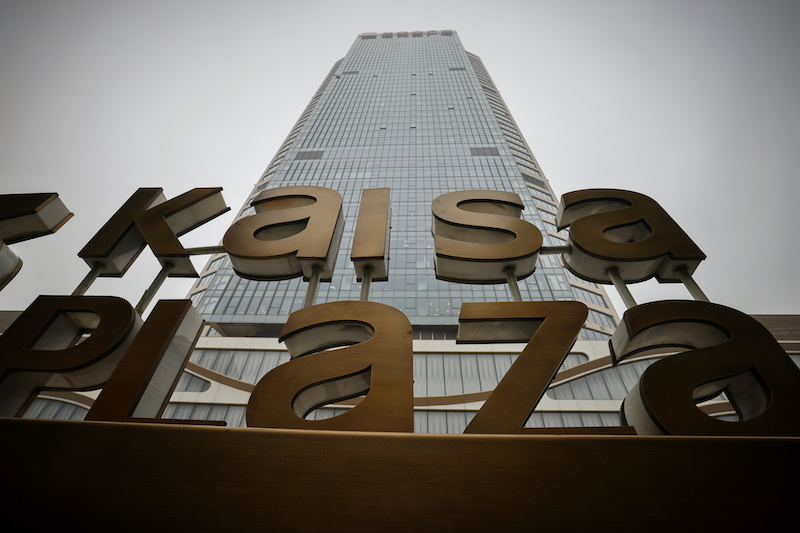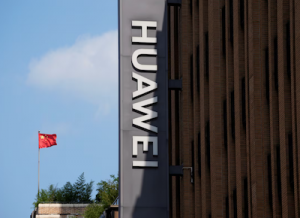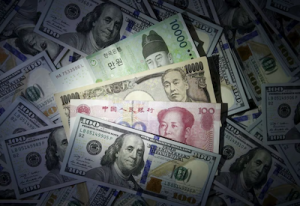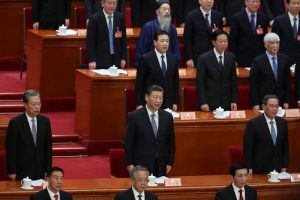Offshore bondholders of Chinese property developer Kaisa have rejected an offer by the ailing group to extend the maturity of its debt and avoid a messy default next week.
A group of investors turned down the Chinese developer’s appeal to exchange $400 million in notes due in a week into a new, 18-month bond.
That is one of two setbacks the group has endured in recent days.
News also emerged on Wednesday that Kaisa had lost control of Nam Tai Property Inc in an “epic revolt” by shareholders who voted to eject six Kaisa-appointed directors and replaced them with executives nominated by IsZo Capital Management, according to the South China Morning Post.
Nam Tai is a New York-listed property affiliate involved in the development and operation of technology parks with land in Shenzhen and Wuxi.
Kaisa owns a 24% stake in Nam Tai but has faced a battle with minor shareholders since May 2020 who accused Kaisa of “fiduciary mismanagement and business strategies that hurt shareholders’ interest”, the SCMP report said.
The company has yet to comment on the Nam Tai boardroom defeat, which has added to the developer’s woes at a time when it is fighting desperately to clear its debts.
Wider Restructuring?
Kaisa said the deal it offered to offshore bondholders could avoid a wider restructuring.
However, the investors, who say they own more than 50% of the paper, are instead offering some repayment forbearance in return for discussions on its proposals to inject $2 billion in fresh funds.
Kaisa, which defaulted and restructured in 2015, has so far been unreceptive to their ideas.
In September it sold $300 million in dollar bonds, supporting the idea that it is experiencing a short-term cash crunch, not a solvency issue.
The real test, however, will be whether it takes up the bondholder offer or pushes ahead with its threat to restructure its entire $12 billion of debt.
The rejection, which was first reported in the Financial Times, could deepen the crisis at Kaisa, one of China’s most indebted developers.
The company has launched a fire sale of its assets in a bid to meet liabilities that include about $3 billion of dollar-denominated bonds that will come due in the next 12 months.
In early November the company missed repayments on wealth management products, sparking customer protests.
Kaisa was among the worst performing Chinese developers in terms of home sales in November, data show.
According to China Real Estate Information, a data provider, the country’s 35 largest developers registered a 31% year-on-year sales decline in November.
Kaisa, along with Evergrande, Sinic, Aoyuan and Zhongnan recorded the steepest declines of more than 50%.
- Reuters, with George Russell and Jim Pollard.
This report was updated with additional information on December 1.
READ MORE:
Kaisa Group Offloads Airport Site For $1bn: Mingtiandi
Kaisa Property Services Unit Shares Slip As Trading Restarts
























